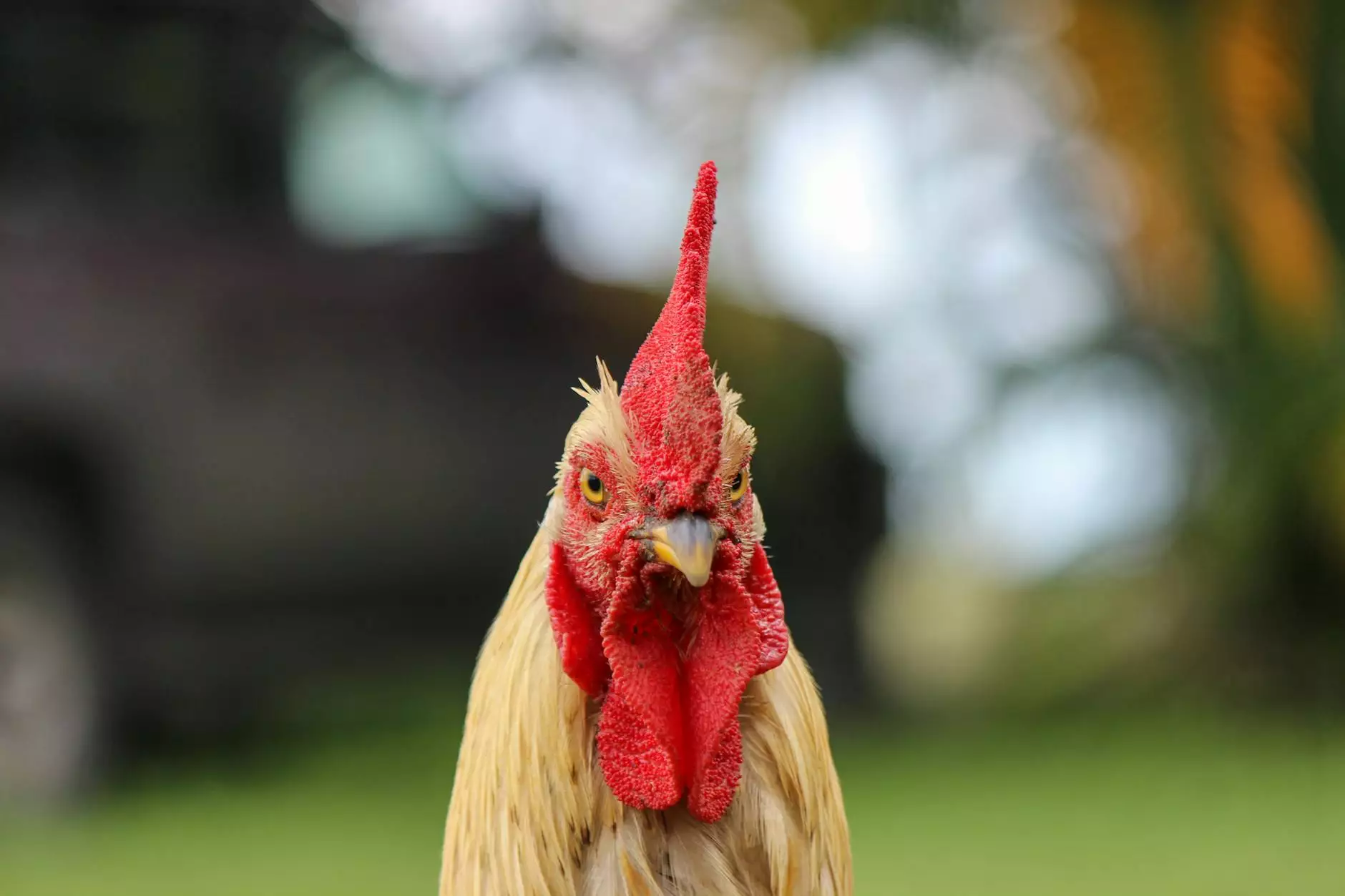Difference between Pastured Chicken Eggs, Cage Free Eggs, and Free-Range Eggs
Blog
Introduction
Welcome to Pollen Bank, your trusted source for high-quality eggs! In this article, we will discuss the key differences between pastured chicken eggs, cage-free eggs, and free-range eggs. Whether you are a health-conscious consumer, passionate about animal welfare, or simply curious about the egg industry, we've got you covered.
The Importance of Quality Eggs
When it comes to eggs, not all are created equal. The difference in the living conditions, diet, and lifestyle of hens can significantly impact the nutritional composition and quality of the eggs they produce. Let's dive into the distinctions between pastured chicken eggs, cage-free eggs, and free-range eggs.
Pastured Chicken Eggs
Pastured chicken eggs are the cream of the crop when it comes to egg quality. These eggs come from hens that roam freely on open pasture, feasting on a diverse diet of grass, bugs, and other natural food sources. The hens have ample space to exercise, which results in stronger muscles and healthier eggs.
Because pastured hens eat an array of natural foods, their eggs boast a richer and more vibrant yolk color. These yolks are packed with essential nutrients such as omega-3 fatty acids and vitamin D. Pastured eggs also tend to have a higher content of vitamins A and E compared to conventional eggs.
Benefits of Pastured Chicken Eggs
- Higher levels of omega-3 fatty acids and vitamin D - Increased vitamins A and E - Rich and vibrant yolk color - Enhanced flavor and taste - Improved animal welfare
Cage-Free Eggs
Cage-free eggs come from hens that are not confined to cages, but they may still be raised indoors. These hens have more room to move around compared to conventional caged hens, but they often lack access to the outdoors. The exact living conditions can vary, as some cage-free systems provide more space and amenities than others.
While cage-free eggs represent a step in the right direction, it's important to note that the label itself does not guarantee specific animal welfare practices. Some cage-free operations may still practice beak trimming or overcrowding, which can negatively impact the welfare of the hens.
Benefits of Cage-Free Eggs
- More space for hens to move - Potentially reduced stress compared to caged hens - May support better nesting and foraging behavior
Free-Range Eggs
Free-range eggs are produced by hens that have access to the outdoors, allowing them to engage in natural behaviors such as dust bathing and foraging. However, the amount of outdoor access and the duration can vary depending on the farm and its specific regulations.
In some free-range systems, hens have access to spacious outdoor areas during daylight hours, while others may have limited access or smaller outdoor spaces. It's important to understand the specific guidelines and certifications associated with free-range eggs to ensure that the hens experience true outdoor freedom.
Benefits of Free-Range Eggs
- Potential access to outdoor areas for natural behaviors - Increased exposure to sunlight and fresh air - Eggs may have a slightly higher omega-3 content compared to cage-free eggs
Choosing the Right Eggs for You
Now that you're aware of the differences between pastured chicken eggs, cage-free eggs, and free-range eggs, it's time to make an informed decision based on your values and priorities. If animal welfare and nutrient density are your top concerns, pastured chicken eggs are the way to go. For those looking for a step above traditional caged eggs, cage-free or free-range options can be a suitable choice.
At Pollen Bank, we pride ourselves on providing customers with the highest quality eggs. Our commitment to sustainable farming practices, animal welfare, and exceptional egg quality sets us apart. Explore our selection of pastured chicken eggs, cage-free eggs, and free-range eggs, and experience the difference firsthand.
Conclusion
Understanding the differences between pastured chicken eggs, cage-free eggs, and free-range eggs is essential for making informed purchasing decisions. Each egg type offers unique benefits and considerations, ranging from superior nutrition to improved animal welfare. At Pollen Bank, we believe that choosing the right eggs should be a matter of personal values and preferences. Trust in our commitment to excellence, and enjoy the incredible flavor and health benefits that come from our wide range of high-quality eggs.










